Lists


2 Books
To Read
Sort by:
Recent Desc
More lists by Jessie
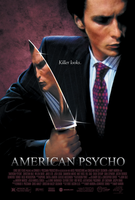
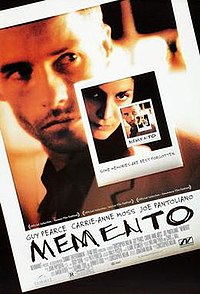

Classics
List includes: American Psycho, Memento, Magnolia
July 2022
0
@llamaslovedrama
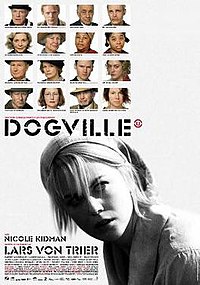
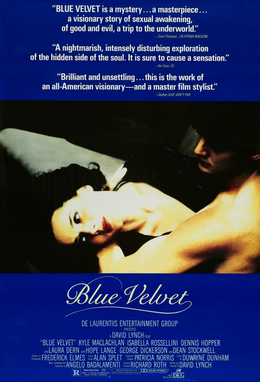

Arthouse Watchlist
List includes: Dogville, Blue Velvet, Waking Life
July 2022
7
@llamaslovedrama



Set Design for Days: Classic Musicals
List includes: Blithe Spirit, An American in Paris, What a Way to Go!
July 2022
0
@llamaslovedrama



Arthouse Erotica
List includes: The Transgressor, Candy, satánico pandemonium
July 2022
0
@llamaslovedrama
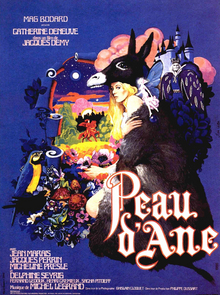


Vintage Fantasy
List includes: Donkey Skin, ruslan and ludmila, the cave of the golden rose
July 2022
0
@llamaslovedrama



Arthouse Animation
List includes: Ninja Scroll, Jin-Roh: The Wolf Brigade, Tokyo Godfathers
July 2022
1
@llamaslovedrama



21st Century Japan: Films from 2001-2020
https://film.japansociety.org/page/21-st-century-japan-films-from-2001-2020/
List from Film Society Japan | Deep Cuts and Gems
March 2021
0
@llamaslovedrama
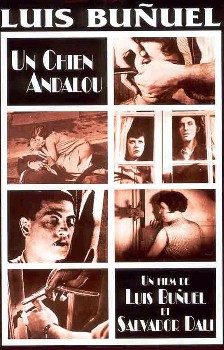

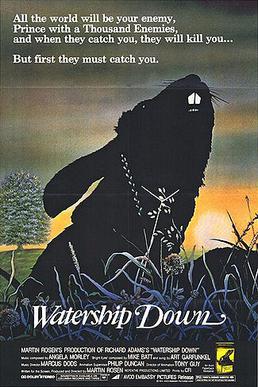
Deep Cuts: Disturbing Films
list from SuperEyePatchWolf's video: https://www.youtube.com/watch?v=m_oeMV2E50A
January 2021
0
@llamaslovedrama



General Watchlist
List includes: Alien, Into the Wild, Breakfast on Pluto
November 2020
0
@llamaslovedrama